Product Overview
We craft Nitinol Laser Cutting Tubing for all kinds of industry demands. This tubing is superelastic—bends easily and bounces back fast. It works great for medical tools, industrial parts, and other key uses. We make sure every piece meets strict quality checks.
Material of This Laser-Cut Nitinol Tubing
Our product uses pure nitinol. Nitinol is a mix of nickel and titanium. It has two big strengths: superelasticity and shape memory. Superelasticity lets it handle bending without breaking. Shape memory means it goes back to its original form when heated. These traits make the tubing tough and flexible.
What Are the Problems with Nitinol?
Nitinol has some challenges. First, it costs more than common metals like steel. This can push up project budgets. Second, it’s hard to machine. Regular tools can’t make smooth cuts on it. Third, it may rust in wet or harsh environments. But we fix these issues for our Nitinol Laser Cutting Tubing. We use advanced laser tech for precise cuts. We add a protective coating to stop rust.
Which Is More Durable, Nickel Titanium or Stainless Steel?
Nickel titanium and stainless steel have different durability. Nickel titanium is better at handling repeated bending. It won’t break even after many bends—great for parts that move often. Stainless steel is stronger for heavy loads. It holds up well under weight. For our laser-cut nitinol tubing, we use nickel titanium’s bend-resistant trait. It lasts longer in dynamic uses like medical catheters.
Why Is Nitinol Suitable for Surgical Use?
Nitinol is perfect for surgical use for three reasons. First, it’s safe for the body. It doesn’t react with tissues—no harm to patients. Second, it’s superelastic. It moves with the body’s parts without causing damage. Third, it has shape memory. Surgeons can shape it before surgery. It fits the needed spot once inside the body. Our Nitinol Laser Cutting Tubing meets all surgical safety rules. It’s a reliable choice for medical procedures.
Diameter Range of This Laser-Cut Nitinol Tubing
We offer a wide diameter range for our product. The smallest diameter is 0.5mm. It’s ideal for tiny surgical tools like micro-catheters. The largest diameter is 20mm. It works for bigger industrial parts. We also do custom diameters. Just tell us your exact needs. We’ll make the tubing fit perfectly.
▸ Expert Guidance: 24/7 support
▸ Facebook account:Facebook
Linkedin account:Ben Xiang | LinkedIn
East Asia Region:nitinolwire.com
Europe Region:nitinolmetal.com
US Region:nitinolalloy.com
Mid East Region:getnitinol.com
- https://youtu.be/hJYf2whU1nY

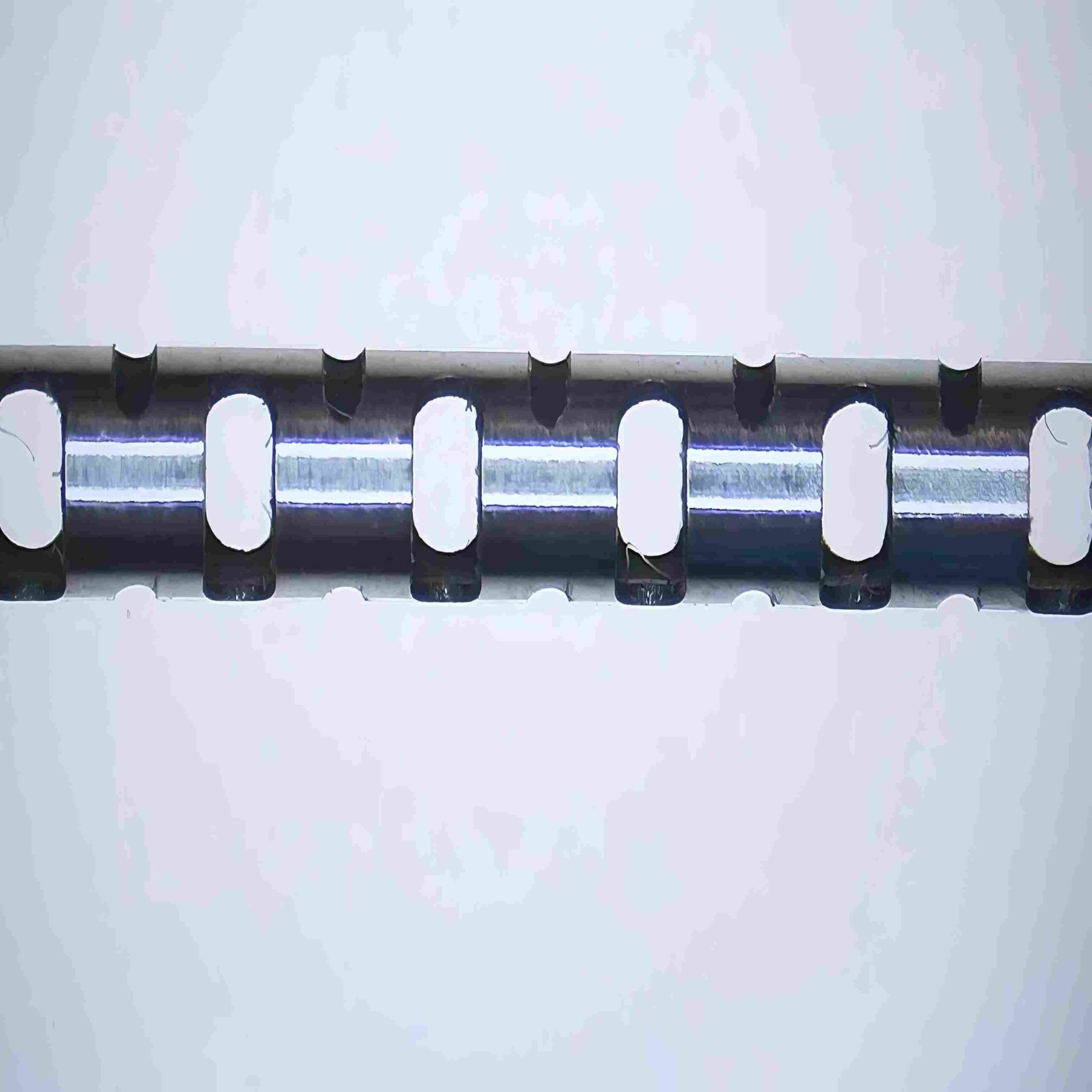
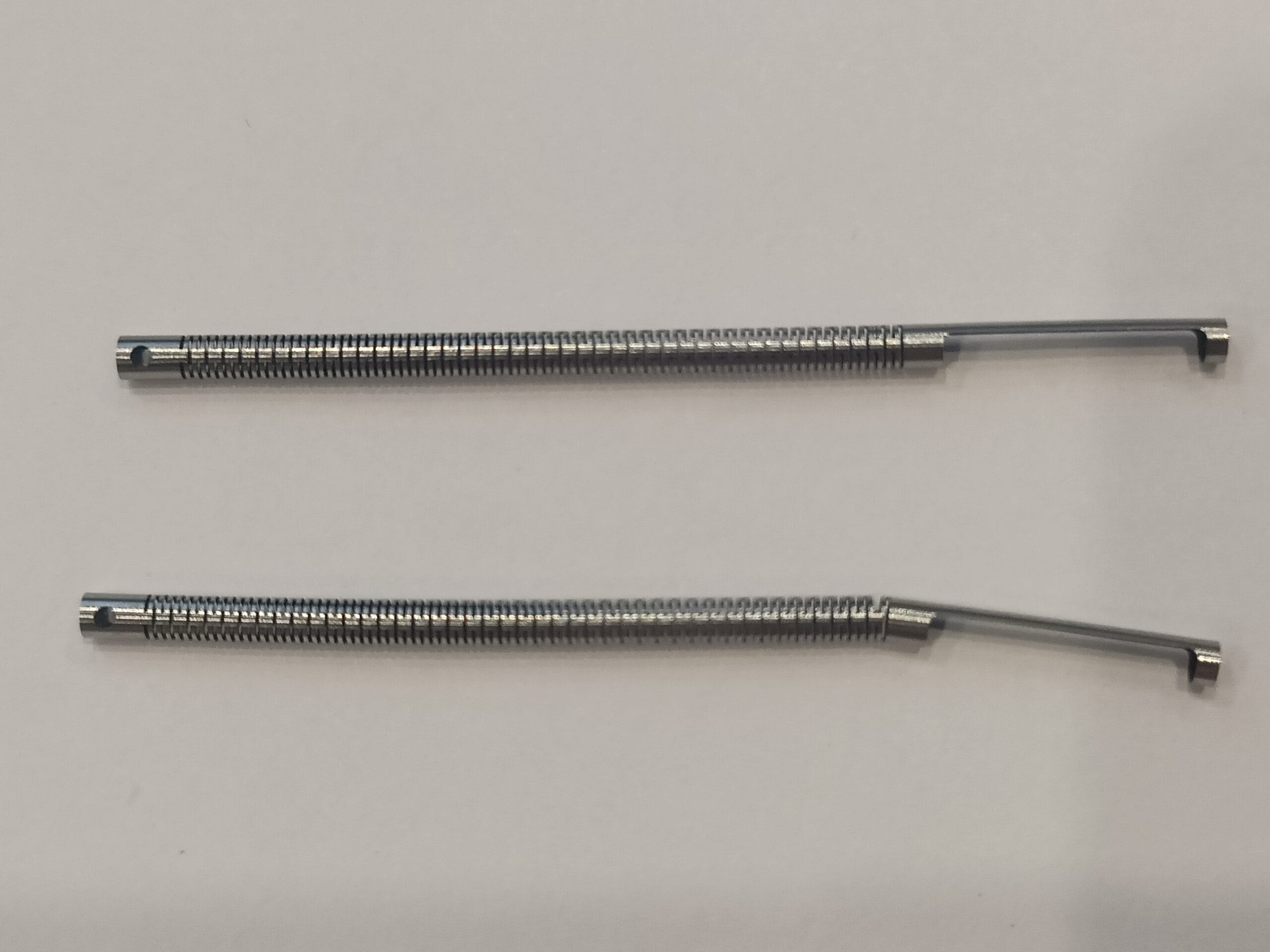
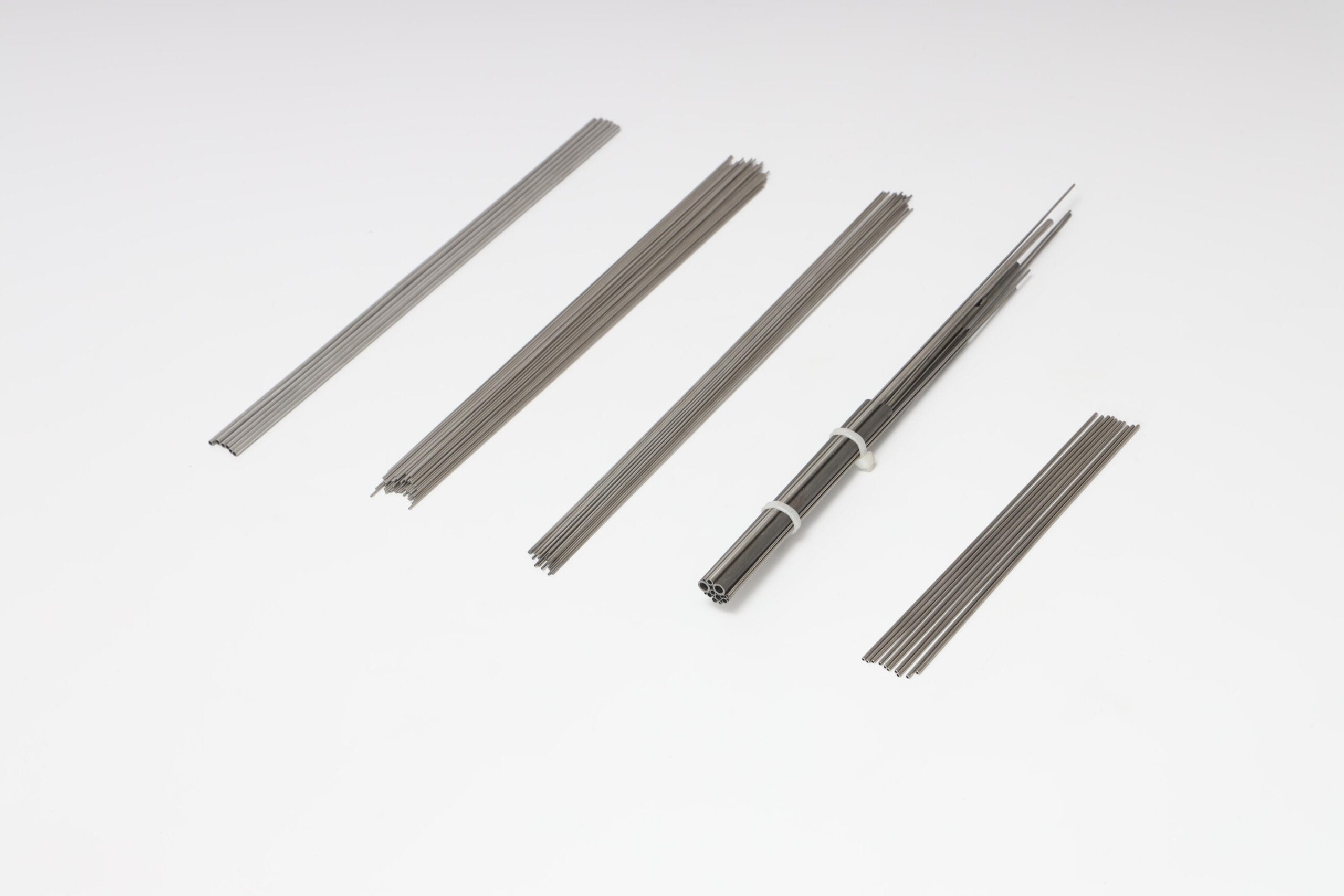
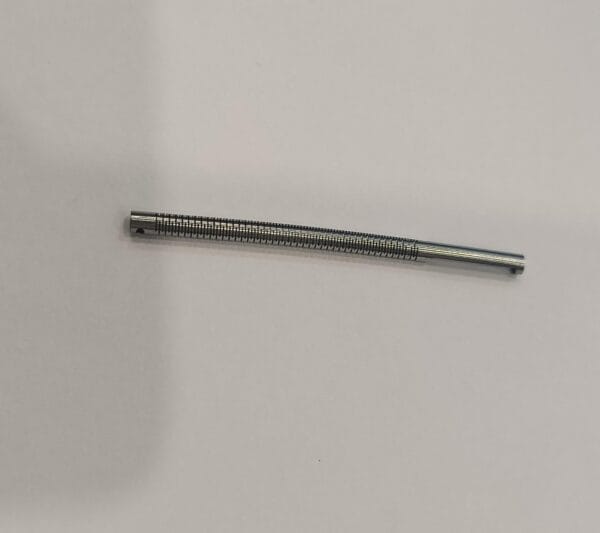
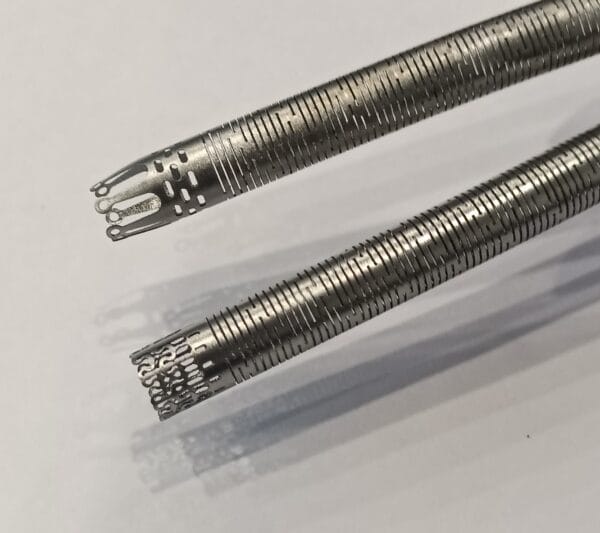
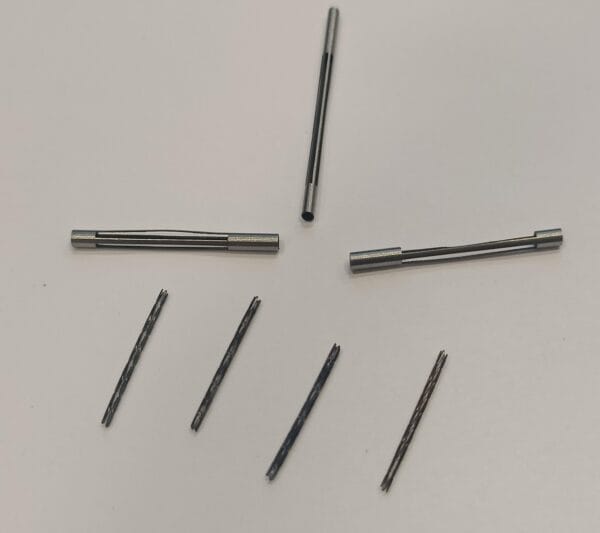
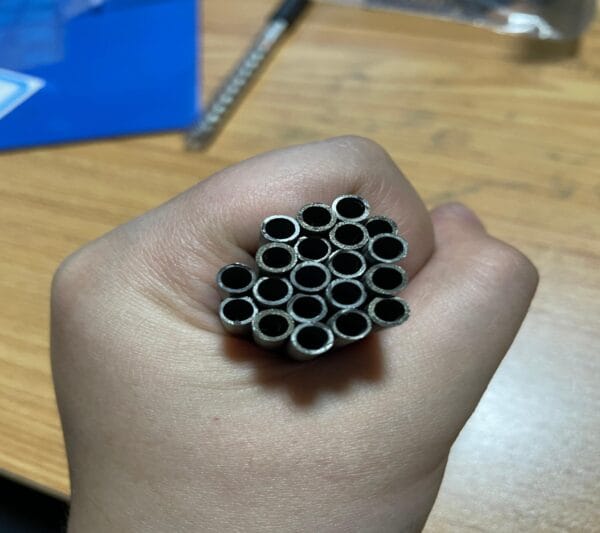
Reviews
There are no reviews yet.